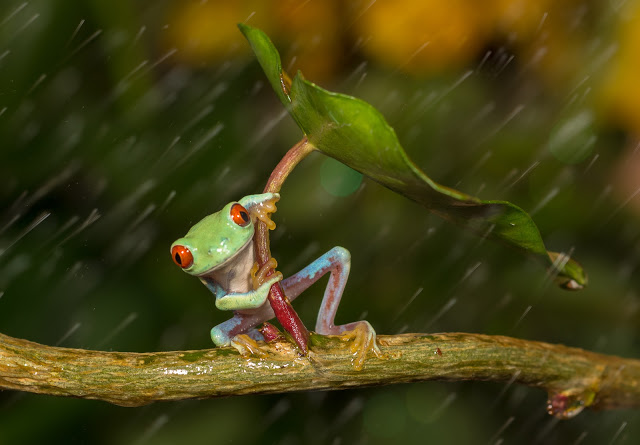One of the best results of a dedicated meditation practice is learning to relax.
Not in the floppy sense, but in the lightening up sense.
Meditation allows one to see, to varying extents, that there is a possibility of having an experience that is not dominated by thought or concept.
When this grip is loosened a lot of other things are loosened as well.
Bubbles in the ocean are not really that big of deal (when you’re the ocean). More and more we can begin to not take things we say, see and hear so seriously.
People say a lot of things. Often these things come from ignorance, habits and conditioning, or thoughtlessness. But, other times, of course, people say things that are beautiful and full of wisdom and insight, as well.
When we begin to relax into the spaciousness of our predicament, we needn’t be hooked by either of these extremes. A sense of equanimity may sometimes prevail—naturally.
Language and concept are like the maps of the world. They are very useful and necessary at times, but they should never be confused with the thing-in-itself. #noschopenhauer
But with language we easily get confused about what is real and what is not.
We use language to pump up our ideas of ourselves to monumental proportions. The truth is we’re not really that big of a deal. We’re very possibly not as smart, beautiful or important as we make ourselves out to be. In fact, as the most enlightened of our species has repeatedly told us, we don’t even actually exist (in the way that it seems to us).
The progress we make as practitioners is owed to those who came before, who have shown us the way. We didn’t invent the practice of meditation or the philosophical insights that came from seeing things as they are.
Spiritual Materialism is the is the term coined by Chogyam Trungpa to describe what happens when we use these spiritual teachings and experiences to boost our own ego.
Basic Goodness is the term we use in Shambhala to describe the natural sense of well-being that exists when we get out of our own way.
The Eight Worldly Dharmas are the extremes of our experience that we try to avoid in order to rest in the contentment that prevails upon the realization that just living is enough.
The four pairs of opposites that make up the Eight Worldly Dharmas are: Pleasure & Pain, Praise & Blame, Fame & Disgrace and Gain & Loss.
For more on the Eight Wordly Dharmas see When Things Fall Apart by Pema Chodron, where she states:
We might feel that somehow we should try to eradicate these feelings of pleasure and pain, loss and gain, praise and blame, fame and disgrace. A more practical approach would be to get to know them, see how they hook us, see how they color our perception of reality, see how they aren’t all that solid. Then the eight worldly dharmas become the means for growing wiser as well as kinder and more content.
If we want to actually work with the teachings of Buddhism, and other wisdom traditions, we’re going to have to actually practice what is being taught—first on the cushion and then moment-to-moment in our everyday lives.
We’re going to have to, at some point, let go of our neurotic grip on the illusions that bind us, or be dragged by a reality that is magnificent and miraculous, yet both impartial and impersonal.
Love elephant and want to go steady?
Sign up for our (curated) daily and weekly newsletters!
Photo: Pixoto









Read 2 comments and reply